The War of 1812

The War of 1812

A Forgotten Conflict
Bicentennial Edition
DONALD R. HICKEY
University of Illinois Press
URBANA, CHICAGO, AND SPRINGFIELD
2012 by the Board of Trustees
of the University of Illinois
All rights reserved
Manufactured in the United States of America
P 5 4 3 2 1
 This book is printed on acid-free paper.
This book is printed on acid-free paper.
Frontispiece: Engraving by Alonzo Chappel depicting
the battle between the Constitution and the Guerrire.
Courtesy of the Library of Congress.
Library of Congress Cataloging-in-Publication Data
The War of 1812 : a forgotten conflict / Donald R. Hickey.Bicentennial ed.
p. cm.
Includes bibliographical references and index.
ISBN 978-0-252-07837-8 (pbk. : acid-free paper)
1. United StatesHistoryWar of 1812. I. Title.
E354.H53 2012
973.5'2dc23 2011037322
For my late mother and father,
who always encouraged the pursuit of knowledge,
and for my wife, Connie Clark,
who many years ago encouraged me to write this book
Contents

Illustrations

Figures
Charts
Maps
The Voice of America
Hark! the peal for war is rung;
Hark! the song for battles sung;
Firm be evry bosom strung,
And evry soldier ready.
On to Quebecs embattled halls!
Who will pause, when glory calls?
Charge, soldiers, charge, its lofty walls.
And storm its strong artillery.
Firm as our native hills, well stand,
And should the lords of Europe land,
Well meet them on the farthest strand,
Well conquer or well die!
A Citizen of Monmouth, NJ (June, 1812)
On the Conflagrations at Washington
A veteran host, by veterans led,
With Ross and Cockburn at their head
They camethey sawthey burntand fled.
They left our congress naked walls
Farewell to towers and capitols!
To lofty roofs and splendid halls!
To courtly domes and glittering things,
To folly, that too near us clings,
To courtiers whotis welhad wings.
Farewell to all but glorious war,
Which yet shall guard Potomacs shore,
And honor lost, and fame restore.
Philip Freneau (August, 1814)
Preface to the First Edition

I first became interested in the War of 1812 in the late 1960s as a graduate student at the University of Illinois. Although the literature on the war was extensive, most studies focused on the military and naval history. The only works that explored domestic developments in any detail were those produced by the great nineteenth-century masters: Richard Hildreth, John Bach McMaster, and especially Henry Adams. I was particularly interested in Federalist opposition to the war, a subject that had never been treated in any systematic way. I explored this topic in my dissertation, The Federalists and the War of 1812, which was completed in 1972. In the course of my research, I found that I had to study the Republicans and their policies in order to understand what the Federalists were reacting to. As a result, by the time I finished my dissertation, I had learned almost as much about the Republicans as the Federalists.
In the years that followed, I continued to study the war, and I published some of my findings in articles. Other scholars were working on the war, too, but most of the work continued to focus on a narrow range of topics, particularly the military and naval engagements. What we needed, it seemed to me, was a broader treatment of the warone that dealt with politics, diplomacy, economics, and finance as well as battles and campaigns. We needed a study, in other words, that more fully explored Republican policies and their impact on the nation. Such was the genesis of this book.
It is my hope that this book will serve two ends. As a short, comprehensive study, I hope it will be suitable for students and others interested in a general overview of the war. And as a study that reexamines the sources and contains new material, I hope it will appeal to specialists as well. In short, this work is designed to be both a textbook and a monograph and to appeal to generalists and specialists alike.
In the course of writing this book, I have incurred numerous obligations. Robert McColley (my mentor at the University of Illinois) and Morton Borden (my inspiration at the University of California at Santa Barbara) both urged me to undertake this project and made helpful suggestions along the way. Others who read the manuscript and gave me the benefit of their expertise were Edward Skeen, Clifford Egan, J. C. A. Stagg, James Broussard, and Lowell Blaisdell. I am also indebted to Vance Burke, who shared materials from his extensive personal library, and to the History Department at the University of Connecticut at Storrs, which invited me to take part in a remarkably stimulating seminar in the summer of 1987. I profited greatly from the Classic Texts Seminar, and while living in Storrs I was able to do considerable work on this project.
Wayne State College facilitated my research with three hours of release time from my teaching chores in the spring of 1986 and again in the spring of 1988. The college gave me annual grants to defray some of my research costs, and the Social Science Division provided travel money on two occasions. I am also indebted to the Wayne State Foundation for a Faculty Renewal Grant that facilitated my research in the summer of 1987.
I want to thank the library staff at Wayne State College, particularly Gail Egbers, Jan Brumm, and two generations of interlibrary loan librariansMary Jo Gross and Peggy Brownwho proved remarkably adept at locating and borrowing materials for me. For the extensive assistance they afforded me, I owe a special debt to the library staffs at the University of Illinois at Urbana, the University of Colorado at Boulder, the University of California at Santa Barbara, and the University of Nebraska at Lincoln. For supplying me with materials, I am also indebted to the Kansas City Branch of the National Archives, the University of South Carolina Library, the William L. Clements Library at the University of Michigan, and the New York Public Library.
In my travels around the country, I used resources at a number of other libraries and manuscript depositories. Id like to thank the staffs at the University of Nebraska at Omaha, Texas Tech University, the University of California at San Diego, the University of California at Berkeley, California State University at Fullerton, the University of Arizona, Arizona State University, Harvard University, Yale University, Brown University, the University of Connecticut at Storrs, the University of Virginia, the University of North Carolina, Duke University, the Library of Congress, the Massachusetts Historical Society, the American Antiquarian Society, the Essex Institute, the Connecticut Historical Society, the Maine Historical Society, the Historical Society of Pennsylvania, the Maryland Historical Society, the Chicago Historical Society, and the Henry E. Huntington Library and Art Gallery.


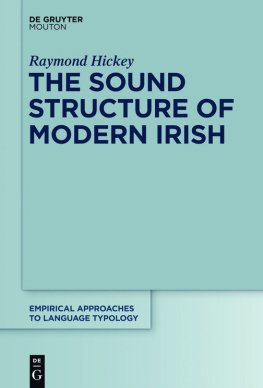
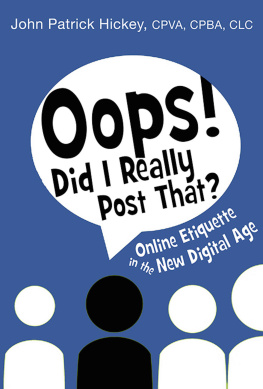

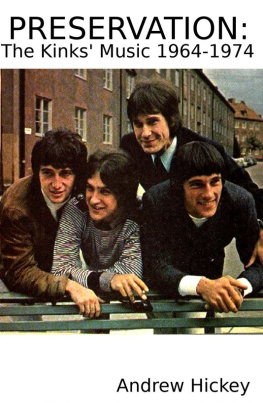
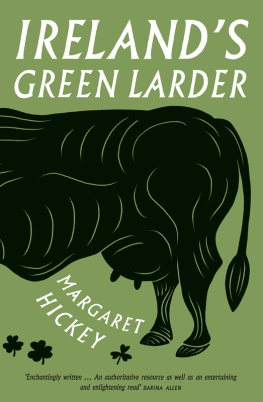
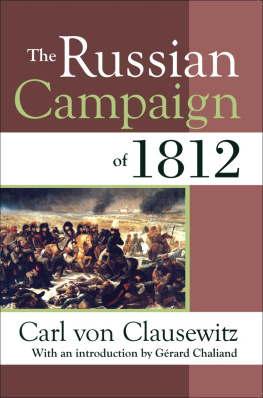
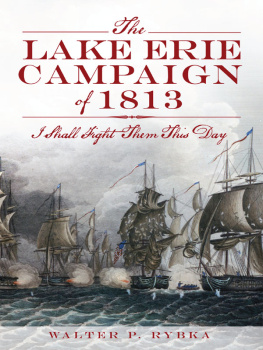
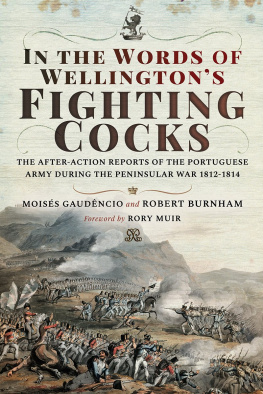

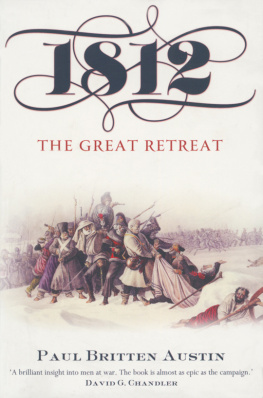
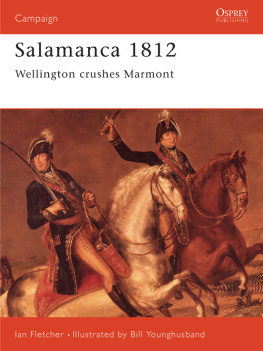
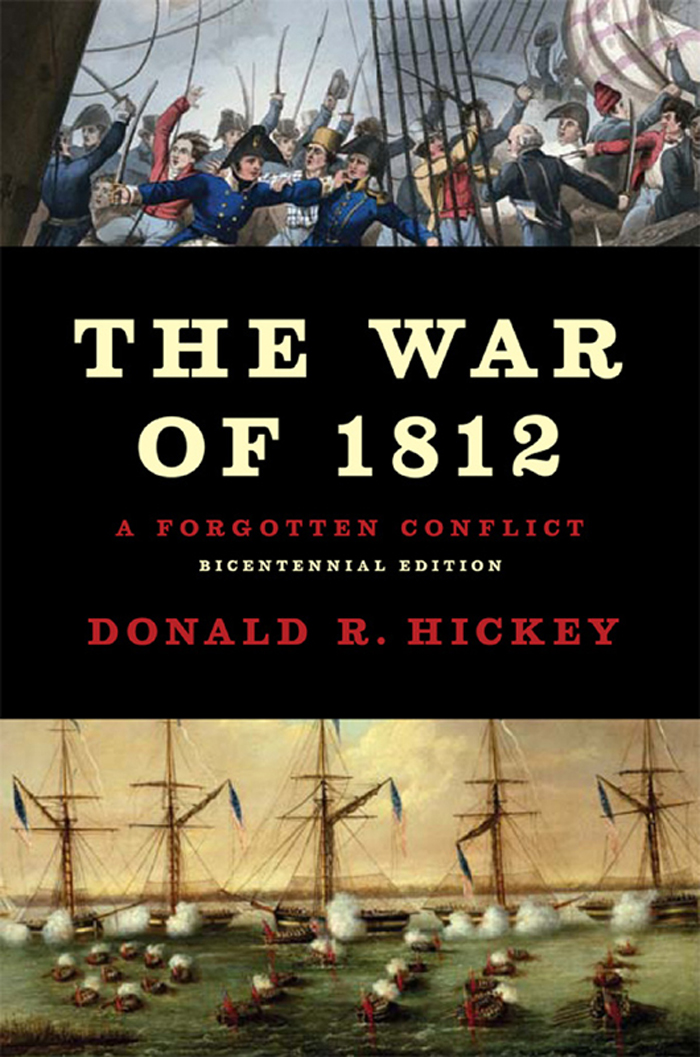


 This book is printed on acid-free paper.
This book is printed on acid-free paper.